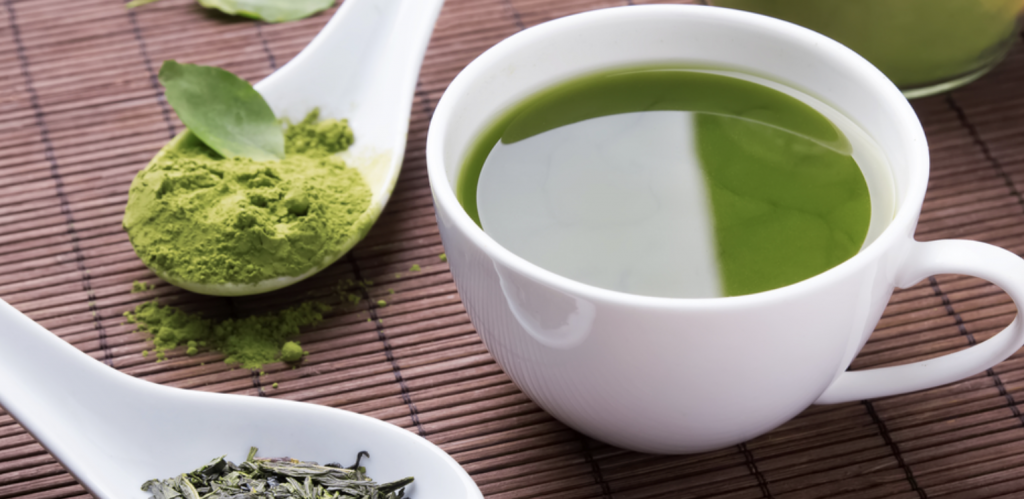
A teenager from England had been feeling horrible, she was nauseous and dizzy, her body ached painfully all over. After visiting her doctor he attributed her symptoms to a urinary tract infection and sent her home with antibiotics to help treat it. After taking two doses, the 16 year-old girl only became sicker and more ill, so she rushed to the emergency room at a local hospital. The doctors who treated her noticed that her skin and the whites of her eyes had turned yellow, a clear indication that she was suffering from jaundice.
At this point her condition was considered serious and in need of critical attention. The acute medical care team believed she had hepatitis, as her liver was swollen and inflamed.
Her diagnosis naturally made them question what caused a sixteen year old girl to suddenly develop hepatitis, so they investigated the circumstances that led to her seeking medical attention. What she told them turned out to be shocking, and disconcertingly widespread.
She said that she had not recently traveled abroad, nor had she taken any illegal or prescription drugs, and hadn’t consumed any alcohol. She’d also never had a blood transfusion, nothing she’d done or experienced was out of the ordinary or could have been the cause of her hepatitis. After more questions, doctors found out that she had ordered two boxes of green tea from China and for the past several months had been drinking three cups of it a day. She’d bought it for weight loss purposes and believed it could help control her appetite. However, she couldn’t read or understand the directions because they were written in Chinese and thus had no idea what exactly was in the tea she was drinking. The doctors obtained a sample of it and had it tested, when they saw the results they immediately ordered her to stop drinking it.
The tests showed the tea contained Camellia sinesis, a type of evergreen shrub whose leaves and leaf buds are used to make different teas, including green tea. That ingredient was the cause of the girl’s illness and it has previously been linked to liver damage and hepatitis in women who use green tea supplements and extracts.
In some cases patients suffered severe liver damage and were left needing transplants, and it has even caused death. In addition, there was a high possibility that other chemicals had been added to the tea to make it produce a stronger weight loss effect.
The doctors who wrote about her case in the journal BMJ Case Reports also stated that “There is potential for pesticide-induced hepatitis to exist, especially from less regulated products ordered from developing countries over the internet.” Because consumers cannot be positive about the quality and integrity of any tea they order online from abroad, they are urged to be wary and extra cautious about doing so, and should avoid it all-together. In the end, the girl quickly recovered and two months after stopping the green tea drink her liver function was back to normal. Doctors have been using her case to highlight the fact that excessive consumption of green tea can lead to liver disease and that many varieties of it, which often promise weight loss, may also contain harmful substances, including pesticides.
So if you drink green tea make sure it’s a brand known to you and limit your intake to a safe amount, it’s always better to be safe than sorry.
Please Share This Story With Family and Friends










